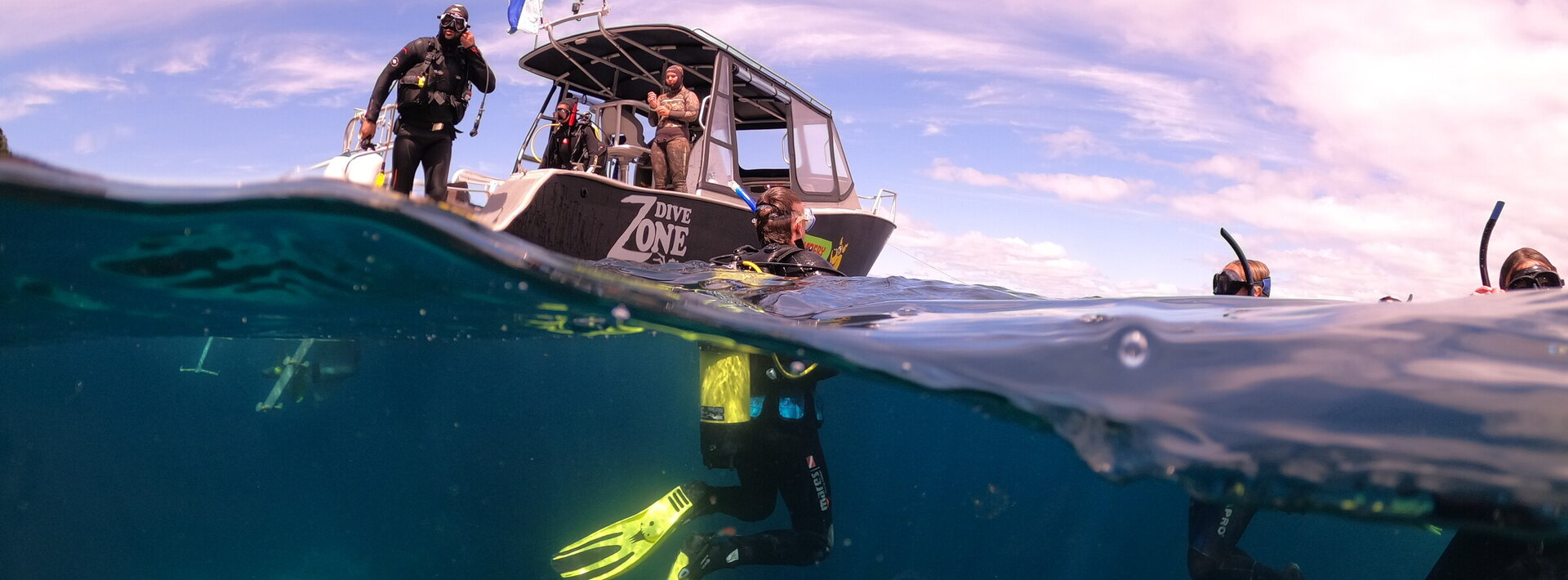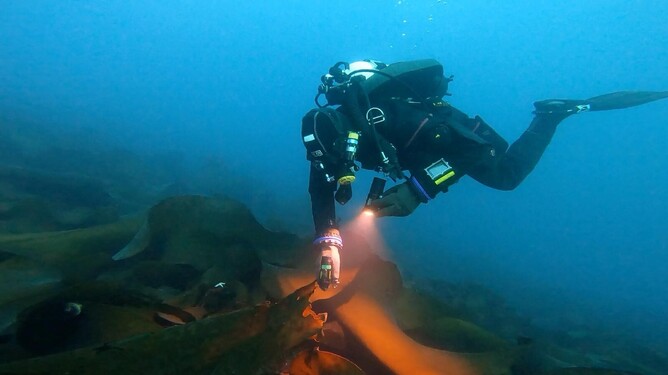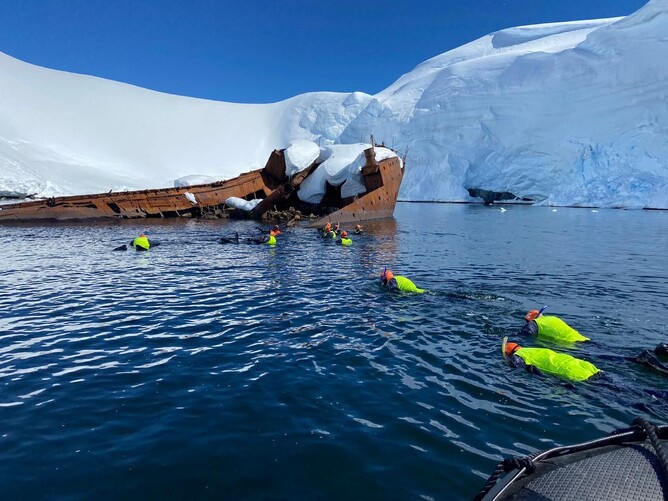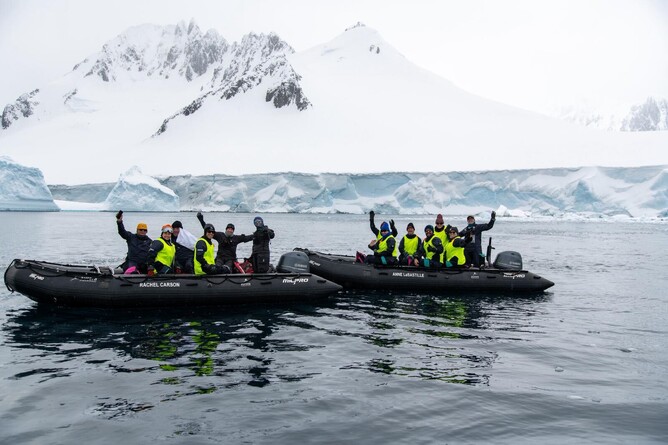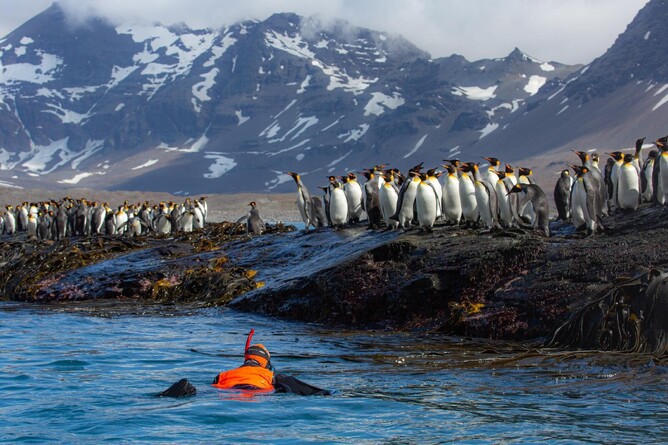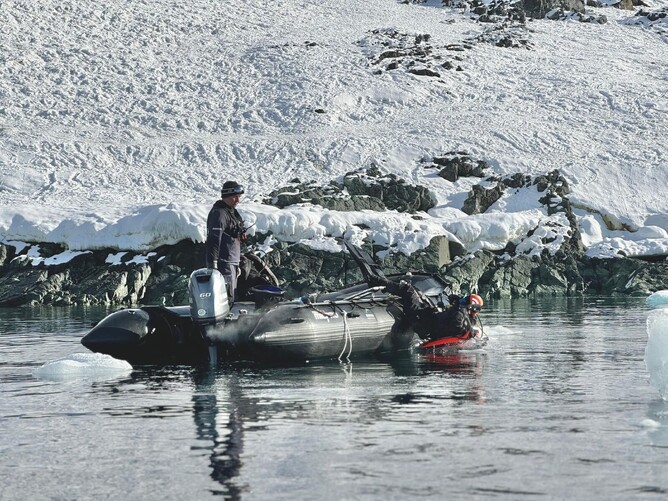Becoming a Dive Instructor can take you all over the world, even Antarctica! Here's what Freya has to say, one of our ex-DIPSI students
If you’d told me five years ago that doing my DIPSI with Dive Zone Whitianga would end up taking me to Antarctica, I would’ve laughed. After leaving school, I wasn’t really sure what to do, so I thought, why not give dive instructing a go? It turned out to be a pretty good decision.
I first heard about expedition guiding while I was teaching a drysuit course with Dive Now Whangarei. A student mentioned the kind of work that was out there, and it made me curious. A bit of research later, I found Aurora Expeditions was looking for dive and snorkel guides. I applied, not really expecting to hear back—let alone get the job.
These days, a typical day in Antarctica usually includes two main outings, plus a whole lot of sightseeing, education, and fun in between. One might be a landing, where guests explore penguin colonies or hike up to a viewpoint. Another could be a zodiac cruise through the ice, spotting whales, seals, or penguins along the way. We also offer snorkelling or diving as part of these outings, giving people the chance to experience Antarctica from a completely different perspective. Yes, it’s cold—but it’s also unforgettable.
On board, guides and guests also help out with citizen science projects, from recording whale sightings to sampling phytoplankton. That side of the work is what really sparked my interest in marine science, and ultimately pushed me to start studying it. The job is physical and always at the mercy of the weather, but it’s rewarding. I get to meet people from all over the world and share moments that are genuinely unique—like someone’s first polar snorkel, or watching penguins shoot past under the ice.
